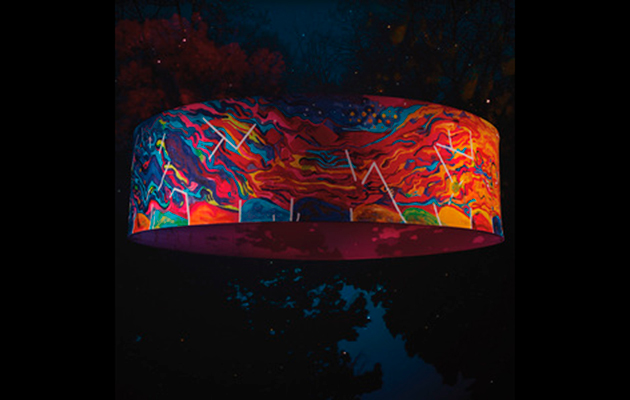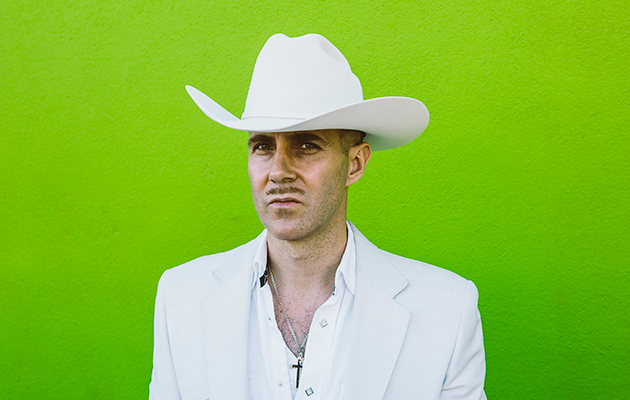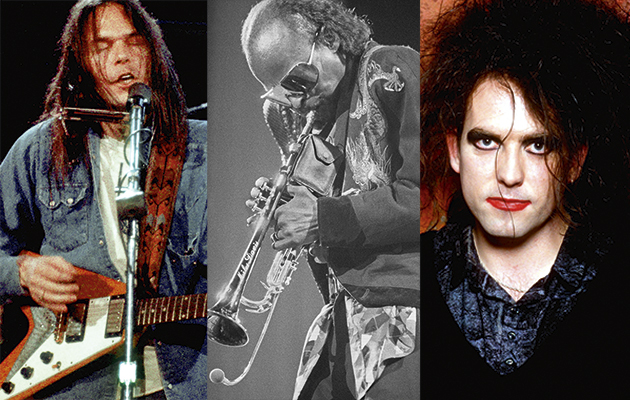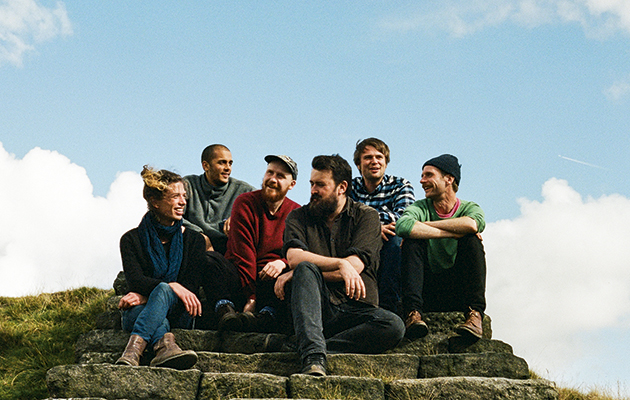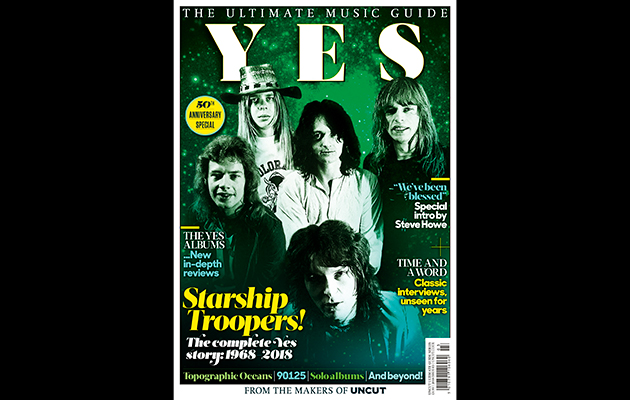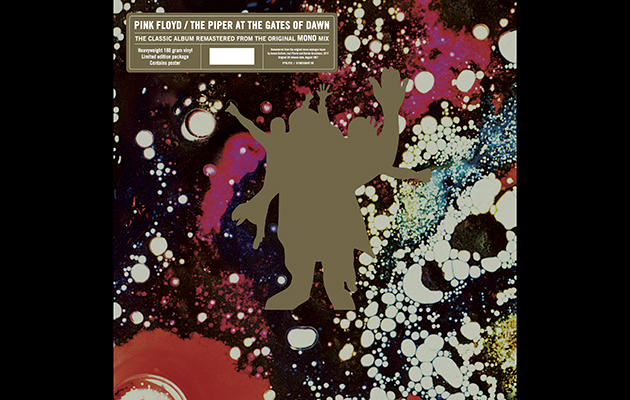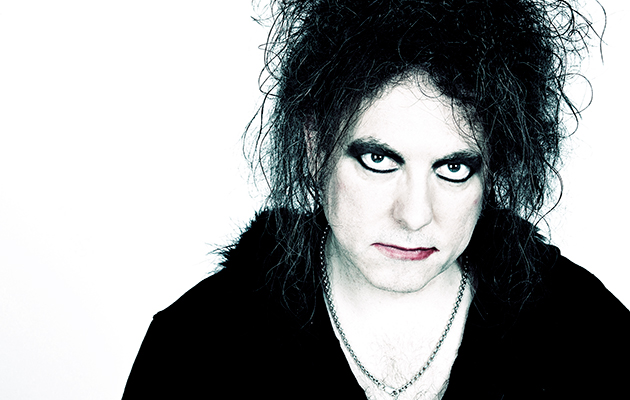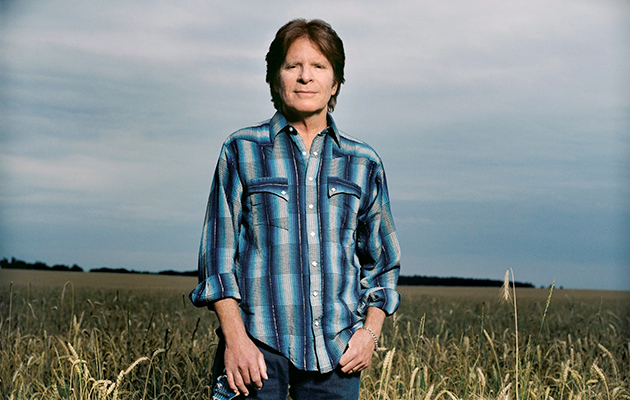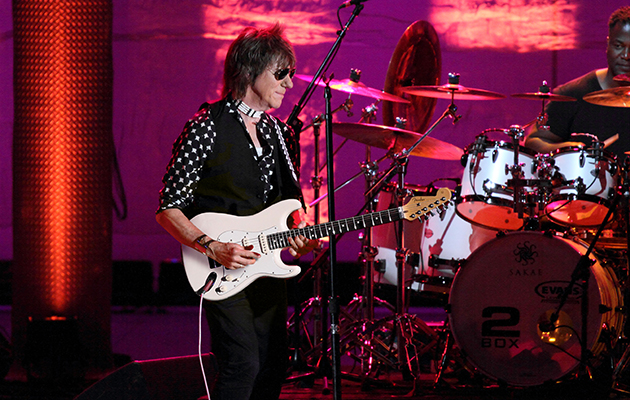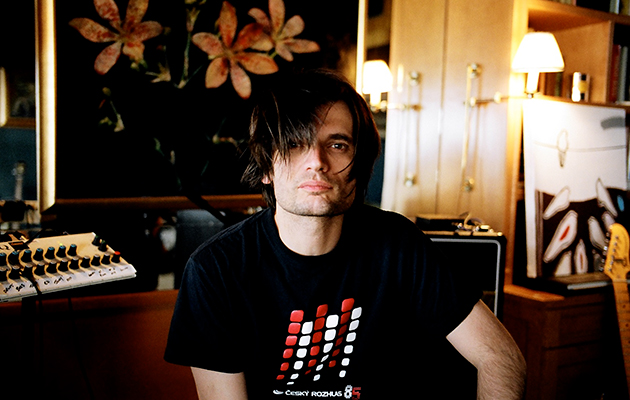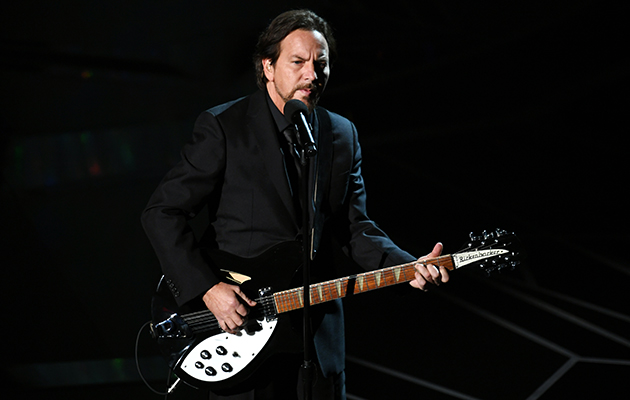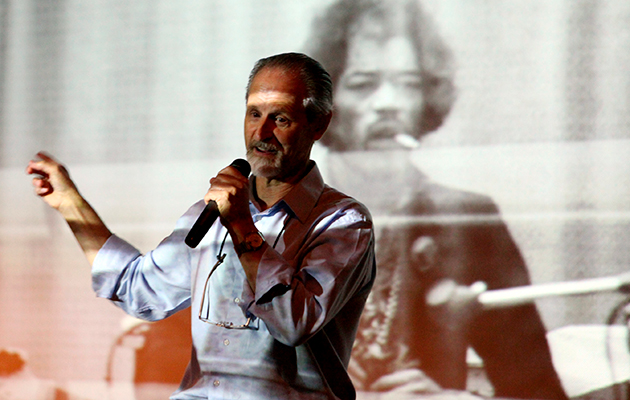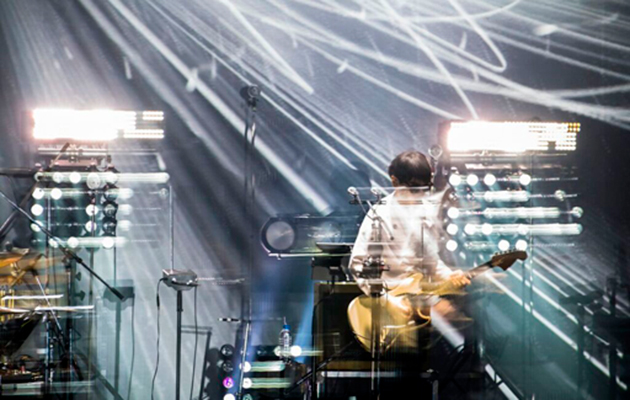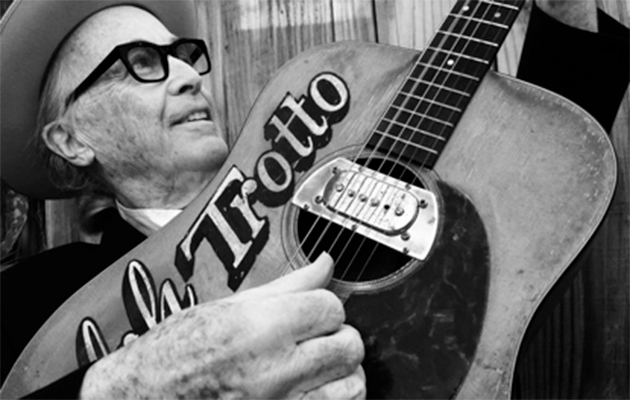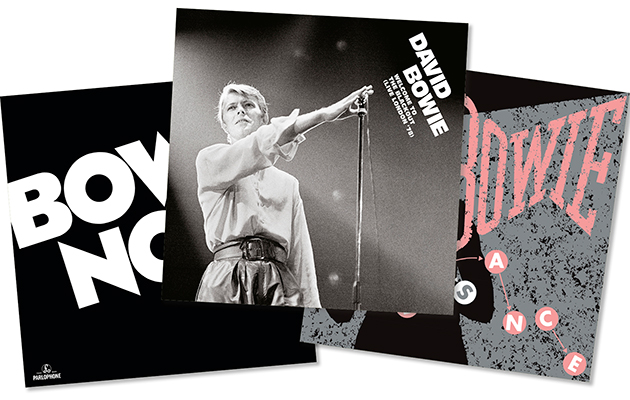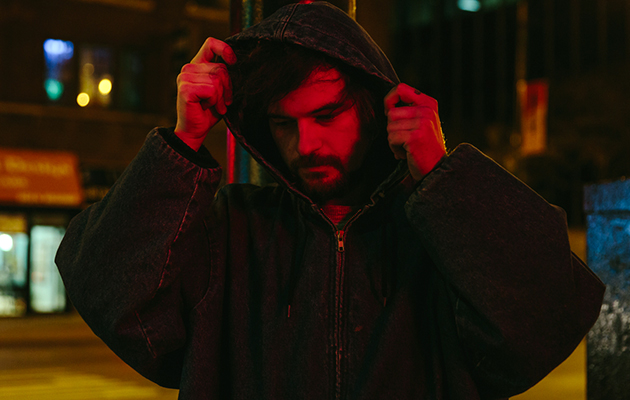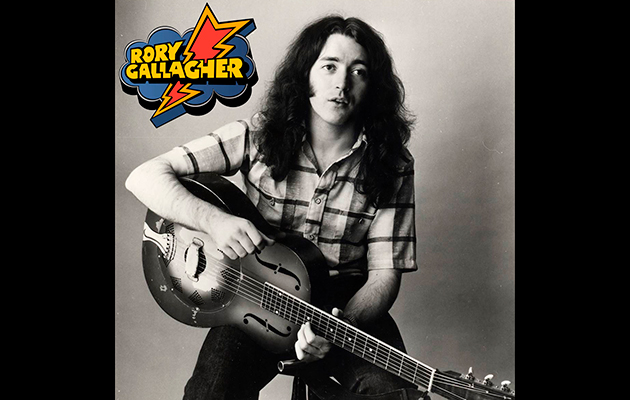The full line-up of this year’s Record Store Day releases has been unveiled.
Alongside previously announced releases from David Bowie, Neil Young, Led Zeppelin and Pink Floyd, the list includes new material from Brian Eno & Kevin Shields, a live album from The National and a rare Miles Davis track.
Here’s Uncut’s pick of the vinyls hitting record shops on April 21:
Neil Young – Roxy: Tonight’s The Night Live
A previously unreleased live recording dating from 1973; Young and his band ‘The Santa Monica Flyers’ had just recorded Tonight’s The Night and played the album top to bottom over several nights at LA’s Roxy. More details here.
The Cure – Mixed Up / Torn Down
The band’s 1990 remix collection Mixed Up will be released on vinyl for the first time, alongside Torn Down – a sequel of sorts featuring Robert Smith’s new mixes of classic Cure album tracks, including “M”, “Shake Dog Shake”, “Plainsong” and “From The Edge Of The Deep Green Sea”.

Miles Davis – Rubberband EP
In late 1985, Davis started work on a funk and soul-influenced album called Rubberband with Adam Holzman, Neil Larsen, Wayne Linsey, Steve Reid, Glen Burris and Vince Wilburn Jr. The sessions were shelved when Davis turned his attentions to Tutu, but the title track has now been ‘finished’ by original producers Randy Hall and Zane Giles with new vocals by Ledisi. The EP features instrumental and ‘original’ versions.
David Bowie – Welcome To The Blackout (London Live ’78)
An unreleased live album recorded at Earl’s Court in mid-1978, featuring songs from Low and “Heroes” as well as many of his biggest hits. Record Store Day also sees the release of Bowie Now and Let’s Dance (Demo), full details here.

Pink Floyd – The Piper At The Gates Of Dawn (mono remaster)
A new mono remaster of Floyd’s landmark 1967 debut, with new deluxe packaging by Hipgnosis’s Aubrey Powell. Full details here.
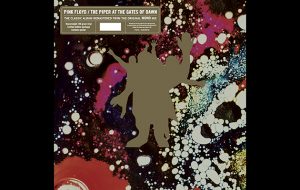
The National – Boxer (Live In Brussels)
On November 9 last year, The National wrapped up their European tour by performing Boxer in its entirety, celebrating the 10th anniversary of its release. This is the recording of that concert.
Led Zeppelin – “Rock And Roll” b/w “Friends” 7″
Yellow vinyl 7″ featuring unreleased mixes of “Rock And Roll” and “Friends”. Full details here.

Fleet Foxes – Crack-Up 7″
A version of the title track from their last album, recorded with Icelandic women’s choir Graduale Nobli at Harpa Concert Hall in Reykjavik, just before the band headlined Iceland Airwaves last year. It’s backed with an intimate version of “In The Morning” recorded live at the 2017 Montreux Jazz Festival in Switzerland.
Brian Eno & Kevin Shields – “The Weight Of History” 12″
A new track recorded by the ambient guru and My Bloody Valentine bandleader, backed with “Only Once Away My Son” which was released digitally last year.
Grateful Dead – Fillmore West, San Francisco, CA 2/27/69
A 4xLP live album of the legendary 1969 show that originally formed part of Live/Dead and that has only previously been released in full as part of a limited CD box set.
You can peruse the full list of 500+ Record Store Day releases here.
Like us on Facebook to keep up to date with news from Uncut.
The April 2018 issue of Uncut is now on sale in the UK – with Joni Mitchell on the cover. Elsewhere in the issue, we pay tribute to Mark E Smith and there are new interviews with The Breeders, Josh T Pearson, Brett Anderson, The Decemberists, Chris Robinson and many more. We also look at the legacy of Rick Hall’s FAME Studios. Our free 15-track CD features 15 tracks of this month’s best new music, featuring Graham Coxon, Gwenno, Guided By Voices, Jonathan Wilson, David Byrne, Tracey Thorn, The Low Anthem and Mélissa Laveaux.


